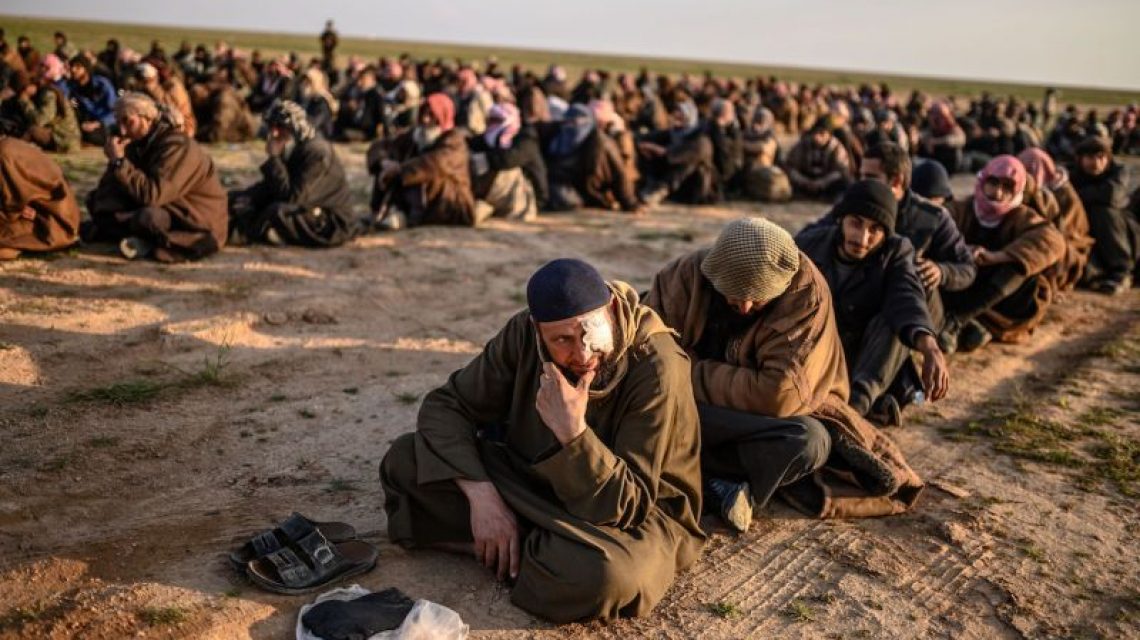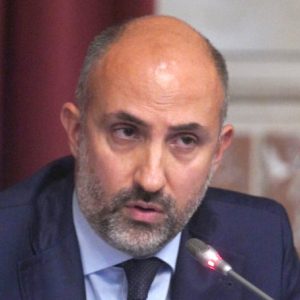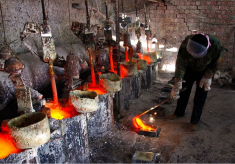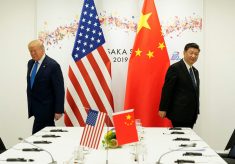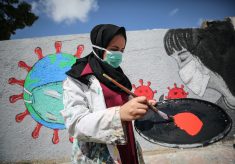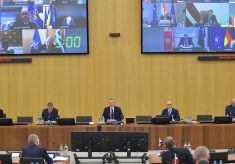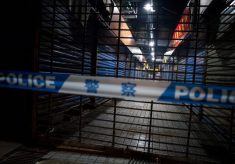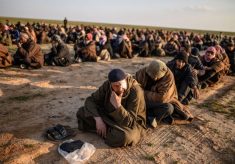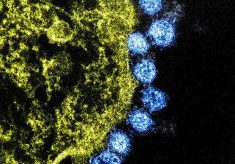Although the commander of the US-led coalition, General William H. Seely III, believes that the capabilities of the Islamic State are far from being able to regain portions of territory, their presence in Deir ez-Zur province in Syria and in Diyala province in Iraq represents a real threat. After the killing, in the night between the 26th and the 27th of October, of the past leader Abu Bakr Al Baghdadi, still multiple challenges remain and not only in Syria and Iraq, namely returnees, prisoners, YPG and al Qaeda in Syria.
The returnees’ phenomenon: the same weak level of cooperation between the regional and international actors who tried to stifle the logistics of the Islamic State on the routes that made possible the influx into Syria and Iraq (approximately 41.490 fighters among which 32.809 men, 4.761 women and 4.640 children) coming from 80 countries, will make it difficult to manage the phenomenon of returnees or their recycling in other conflicts. Recycling happens evidently with the complicity of well known state actors as one can see in Libya and Yemen.
The ISIS prisoners’ challenge: since the fall of Baghuz (23rd of March 2019), the last stronghold of the Islamic State in Syria, more and more children and wives of the soldiers of the self-styled caliphate have been concentrated in prison camps in the North East of Syria, Turkey and the Autonomous Region of Iraqi Kurdistan. The Ankara army offensive at the beginning of October 2019 has once again drawn the attention of the international community, worried by terrorists escaping and returning to operations (as it often happened).
To date, European governments are generally reluctant to take back their compatriots who went to fight in Syria and Iraq. Belgium, France, Denmark, the United Kingdom, Germany, Norway and Kazakhstan are favouring case by case, the return of women and children born in the territories controlled by the Islamic State or who have joined their parents. Kosovo has launched a single rehabilitation project for repatriated families of ISIS, involving psychiatrists, family psychotherapists, imams and female preachers.
Returnees are problematic because they could do harm again, but leaving them in the hand of local justice could be equally troublesome for human and national rights.
The YPG International Battalion: the fighters of the Kurdish International People’s Protection Unit (YPG) Battalion were for a long time out of the limelight for obvious problems with Turkey. Particularly interesting was the international battalion of this militia, composed by: a) far left militants and anarchists (British, French, German and Italian) enlisting for international solidarity; European independentists and separatists (Basque, Breton, Catalan and Northern Irish troopers); political fighters, motivated by the idea of defending the West against jihadism, including far-right militants.
Al-Qaeda’s challenge in Syria: the country’s ongoing instability is favouring the regrouping of important jihadist groups, especially in the province of Idlib. The scene is fragmented and in dispute also because external actors like Iran, Russia and Turkey are playing a very complex influence game.

